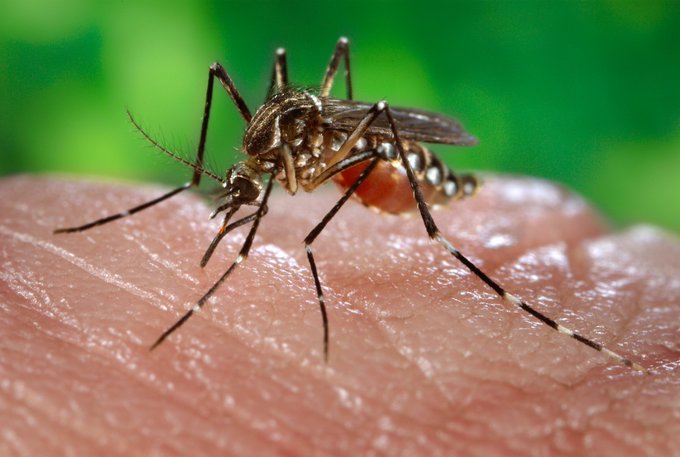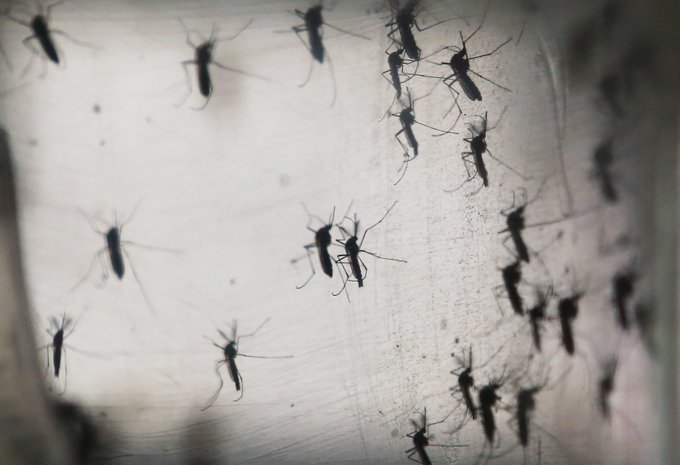Genetically modified mosquitoes (GMMs) have emerged as a novel tool to combat mosquito-borne diseases such as malaria, dengue, Zika, and chikungunya. While their potential benefits in reducing disease transmission are significant, these engineered insects also pose several ecological, health, and ethical threats that warrant careful consideration.
One major concern revolves around the ecological impact of releasing genetically altered mosquitoes into the environment. Mosquitoes serve as a critical food source for a variety of predators including bats, frogs, dragonflies, fish, birds, and even domestic chickens. Critics fear that the modified genes introduced into mosquitoes could transfer to these predators through the food chain, potentially causing allergic reactions, genetic mutations, or unforeseen health issues in these animals and possibly humans as well. Ecologists caution that the full extent of how these genes might interact with other organisms is not well understood, raising the risk of unintended consequences such as destabilizing the ecological balance if certain mosquito species are drastically reduced or eliminated.
Another threat is the possibility of genetic mutations within mosquito populations themselves. A Yale study examining genetically modified mosquitoes released in Brazil found that some offspring were hybrids between modified and wild mosquitoes, which were not sterile as intended. This unexpected outcome suggests that genetically modified mosquitoes could potentially create stronger, more resilient mosquito populations that are harder to control, undermining the original goal of population reduction. Such hybridization could complicate future mosquito control efforts and may lead to the evolution of mosquitoes with new traits that could impact disease transmission dynamics.

Health risks to humans are also a point of debate. Although regulatory bodies like the U.S. Environmental Protection Agency (EPA) have evaluated and found no significant risk to people, animals, or the environment from the release of genetically modified mosquitoes, some experts remain skeptical. There is concern that the introduction of genetically engineered mosquitoes might trigger allergic reactions or other health problems in humans, especially since the long-term effects are not fully known. Additionally, the precautionary principle in science suggests that if the full implications of tampering with natural organisms are unknown, caution should prevail to avoid irreversible damage.
Ethical issues further complicate the deployment of GMMs. The release of genetically modified organisms into the wild raises questions about consent, especially in communities where these mosquitoes are released. There is also debate about the moral right to alter or suppress a species, with some environmentalists arguing that natural mosquito populations should be left undisturbed despite their role in disease transmission. Furthermore, the potential ecological risks and uncertain long-term outcomes call for rigorous and transparent field trials, alongside robust community engagement and regulatory oversight.
In conclusion, genetically modified mosquitoes present a promising but complex approach to controlling mosquito-borne diseases. The threats they pose include ecological disruptions through gene transfer to predators and hybridization, potential health risks to humans, and ethical concerns about altering natural species. These challenges highlight the need for cautious, well-regulated deployment, continuous scientific monitoring, and comprehensive risk assessments to ensure that the benefits of GMMs do not come at an unacceptable cost to ecosystems or public health

